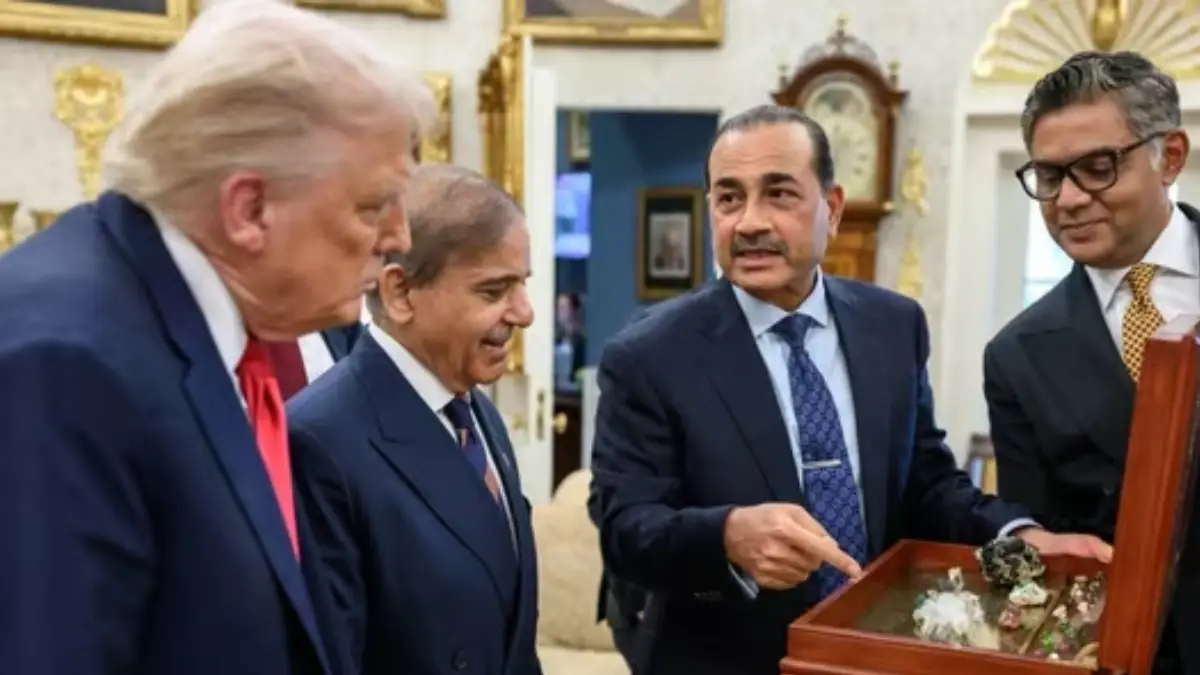In a swift rebuttal to swirling media speculation, the US Embassy in India has firmly denied reports suggesting Washington plans to supply advanced air-to-air missiles to Pakistan. The clarification, issued on Friday, addresses a misinterpreted announcement from the Department of War (DoW), emphasizing that no enhancements to Islamabad’s military capabilities are in the works.
The controversy erupted following a September 30, 2025, notification from the DoW—previously the Department of Defense—which detailed amendments to existing Foreign Military Sales contracts. These updates covered sustainment and spare parts for multiple nations, including Pakistan. Initial coverage portrayed the move as a potential delivery of new AIM-120 Advanced Medium-Range Air-to-Air Missiles (AMRAAMs), sparking concerns over a possible upgrade to Pakistan’s F-16 fighter jets.
“The sustainment does not include an upgrade to any of Pakistan’s current capabilities,” the embassy asserted in its statement. It further stressed: “On September 30, 2025, the Department of War released a list of standard contract announcements, which referred to an amendment to an existing Foreign Military Sales contract for sustainment and spares for several countries, including Pakistan. The Administration would like to emphasise that contrary to false media reports, no part of this referenced contract modification is for deliveries of new Advanced-Medium-Range Air-to-Air Missiles (AMRAAMs) to Pakistan.”
The AMRAAMs in question are integral to the Pakistan Air Force’s (PAF) operations on its F-16 fleet. Pakistani outlet The Dawn reported their deployment during aerial clashes in the aftermath of India’s 2019 Balakot strikes, where Indian forces targeted a Jaish-e-Mohammed training camp in an intelligence-driven raid. That operation neutralized numerous terrorists, trainers, and commanders gearing up for suicide attacks, heightening regional tensions.
ALSO READ : Trump’s Tariffs: The Unlikely Tool That Averted Nuclear Brinkmanship Between India and Pakistan
Defence experts have previously criticized similar US approvals for AMRAAM transfers to Pakistan, viewing them as bolstering a key adversary’s aerial strength. Yet, this latest embassy intervention underscores routine logistical support rather than any strategic pivot. As bilateral ties navigate complex security dynamics, the episode highlights the pitfalls of hasty interpretations in arms deal disclosures, urging a measured lens on such developments.
